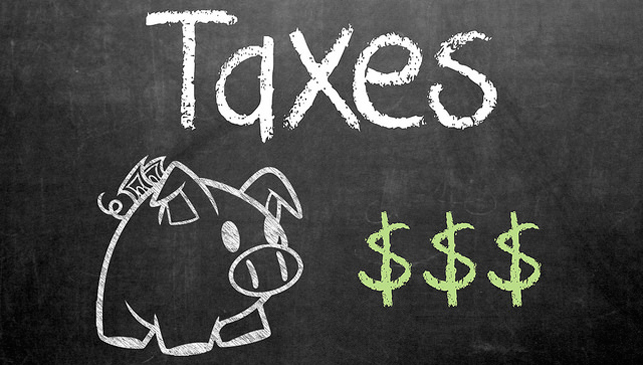My fellow blogger Tim Anaya wrote a blog earlier this week on the latest scheme from Sacramento to game the new tax law. Senate Bill 227 would allow taxpayers to make charitable donations to the state and receive a tax credit for the full amount of their contribution.
It works something like this: If you had state and property taxes totaling $40,000 this year, but can only deduct $10,000 on your federal return thanks to the new tax law, SB 227 would allow you to contribute $30,000 to a so-called state “charitable fund.” The kicker is that you can claim the $30,000 charitable deduction on your federal return (because that’s still allowed), along with your $10,000 deduction, making you “whole” again. As Tim wrote, there are a lot of problems with this idea, the big one being that the IRS will likely cry foul.
Tax gaming politicians in New York have a different strategy – and perhaps more viable. Governor Andrew Cuomo in his State of the State Address announced that his administration is considering shifting the state income tax burden from individuals to businesses through a statewide payroll tax on employers.
The plot would work like this: If you made $100,000 in 2017 and paid $5,000 in state income taxes, in 2018, your company would pay the tax, but your salary would drop to $95,000. Your employer would then deduct the $5,000 tax from the business, so it’s no skin off its nose either. The employer essentially pays the taxes for you, but would lower your salary by the same amount.
Implementing this plan, however, is going to be complicated. For one, progressive tax rates and different tax filing statuses will make it challenging and add pages and pages of red tape. Then there’s the issue of non-profits such as PRI. These organizations don’t get a deduction on payroll taxes – so how will it treat their employees? But the bottom line of this scheme is that employees would remain whole, employers won’t see an increase in their tax liabilities, and in theory it would have no fiscal impact on the state’s revenue.
These tax shenanigans and others likely to surface ignore the reality that Californians’ and New Yorkers’ taxes soar way above the state averages. And even if they go into law, both states will continue to lose businesses and their most productive residents to lower-tax states if these states don’t provide real tax relief.
What’s more, California’s and New York’s tax avoidance strategies are just the first warning shots fired at Washington. The federal government will ultimately become the financial loser if it doesn’t collect the taxes it thought it could under the new tax law. Ultimately, both at the state and federal levels, true tax relief can only be achieved by right-sizing government through fiscal discipline and entitlement reform.
Rowena Itchon is senior vice president of the Pacific Research Institute.

